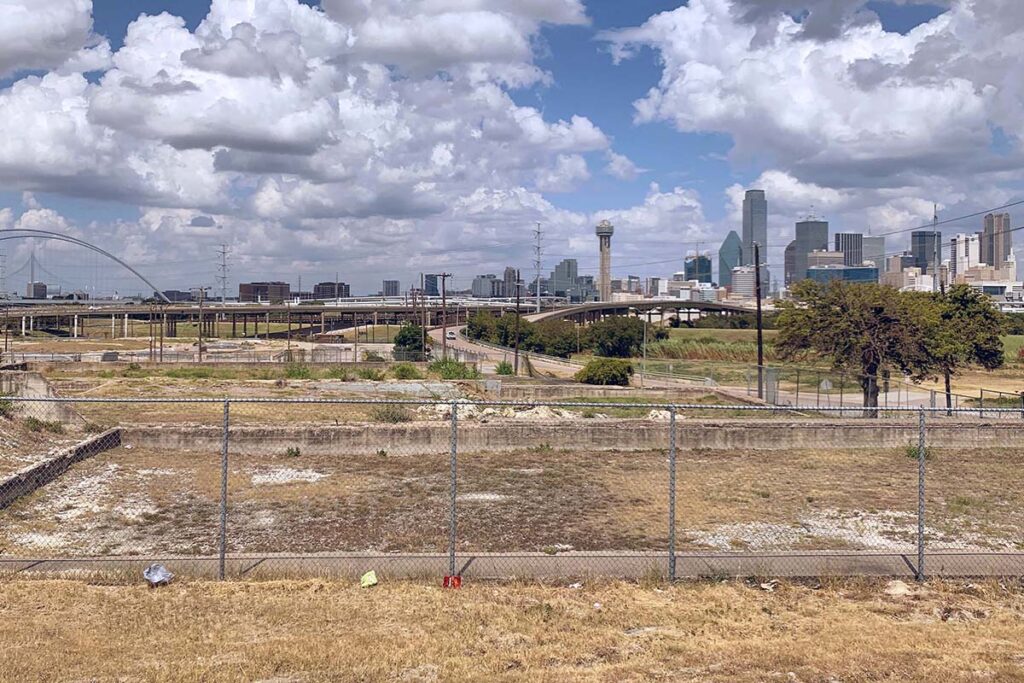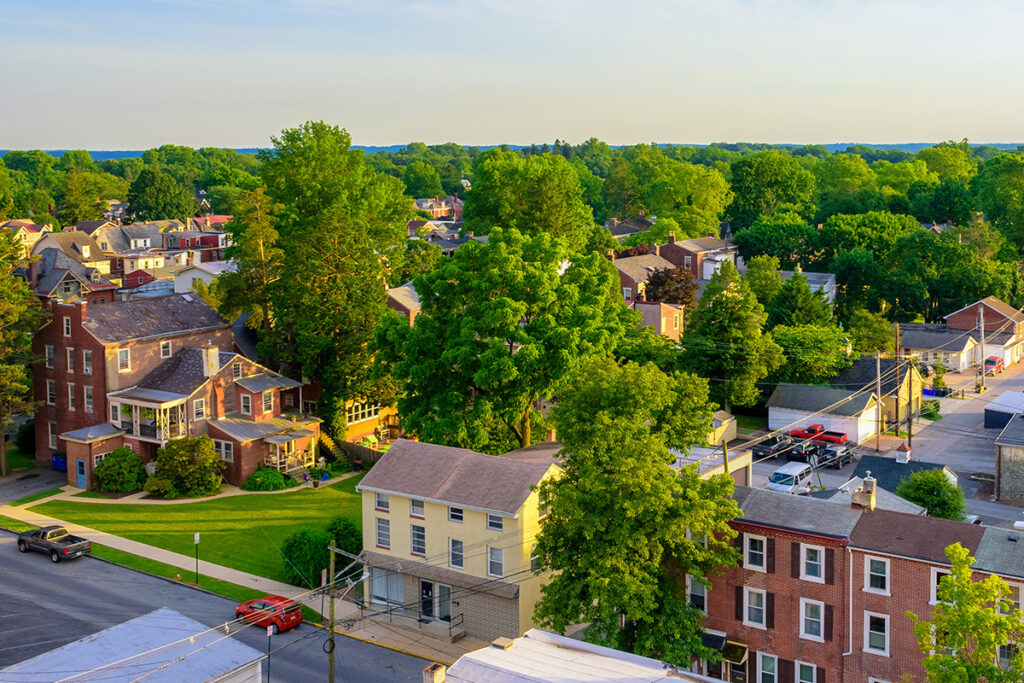Laying the Groundwork for Opportunity Zones 2.0
Opportunity Zones (OZs) have been a major focus for economic developers and investors nationwide. While OZ 1.0 showed mixed results, OZ 2.0 offers a permanent, more transparent framework for implementation. Communities that align priorities, build readiness, and coordinate investment now will be best positioned to capture private capital and deliver meaningful economic and community outcomes.









